Uganda
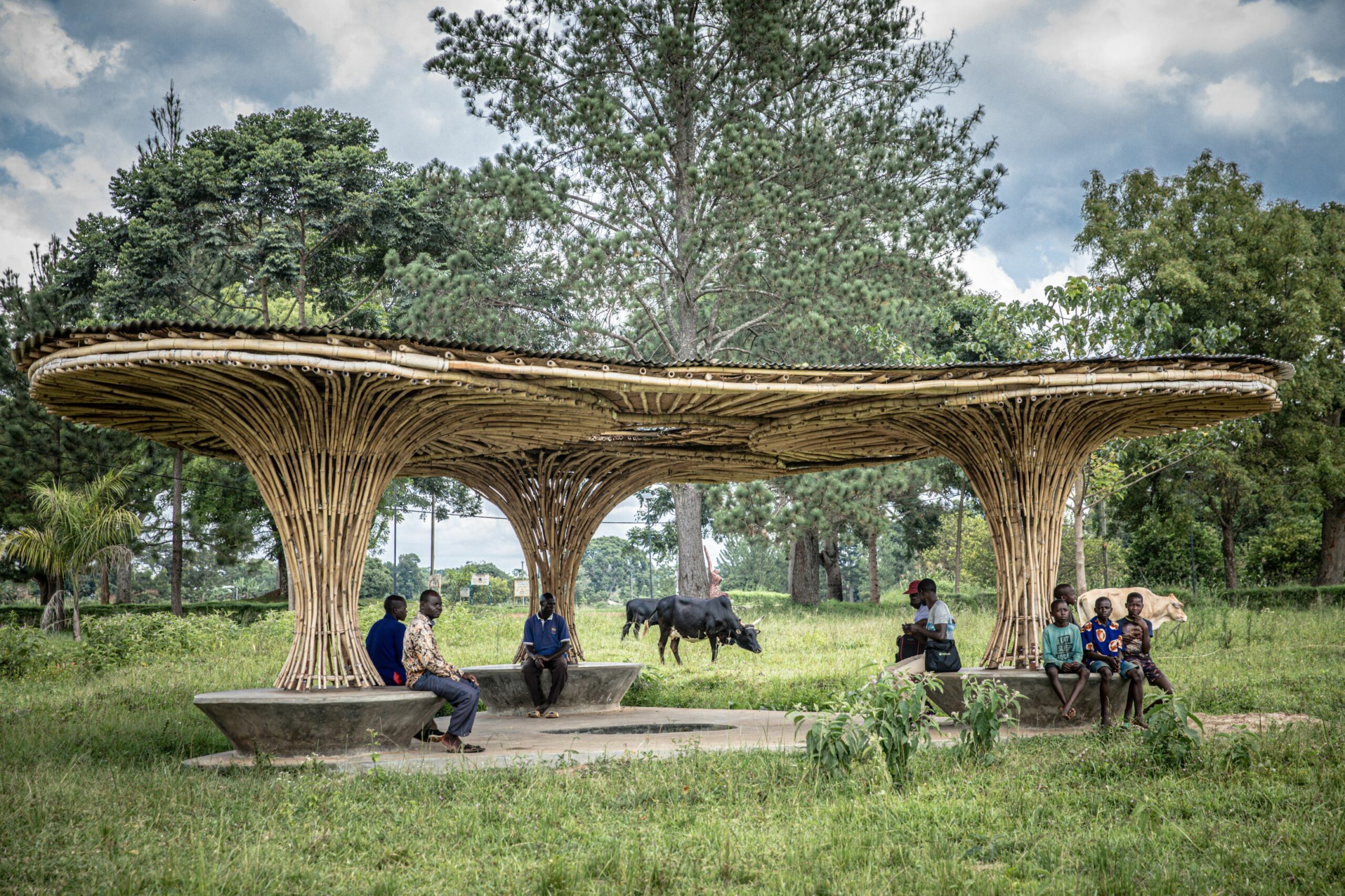
Uganda and Belgium have been partners for 21 years. Currently, Enabel supports Uganda to implement some priorities of its 30-year National Development Plan and the United Nation’s 2030 agenda for sustainable development.
Education
Education is a priority of the bilateral development cooperation programme between the Belgium and Uganda. It takes the lion’s share of the ongoing country portfolio budget. The focus in this sector is on teacher education and Technical, Vocational Education and Training (TVET).
Enabel works with the Ministry of Education to implement the National Teachers’ Policy and Skilling Uganda strategy at central and grassroots levels. This includes institutional capacity building to enable selected education institutions to deliver quality education.
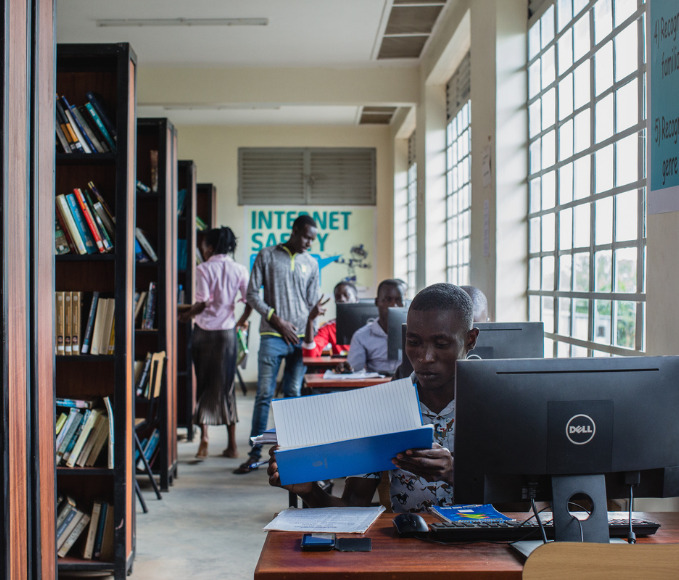
Health
Enabel health projects are implemented with the Ministry of Health. They primarily aim to improve maternal and child health through the Results-based financing (RBF) scheme and targeted infrastructure support. RBF is a model where health facilities are rewarded with incentives based on their performance in terms of quantity and quality of services delivered.
There are currently two ongoing health projects: Enabling Health in Acholi and Leveraging Strategic Health Financing for Universal Health Coverage funded by USAID and Belgium.
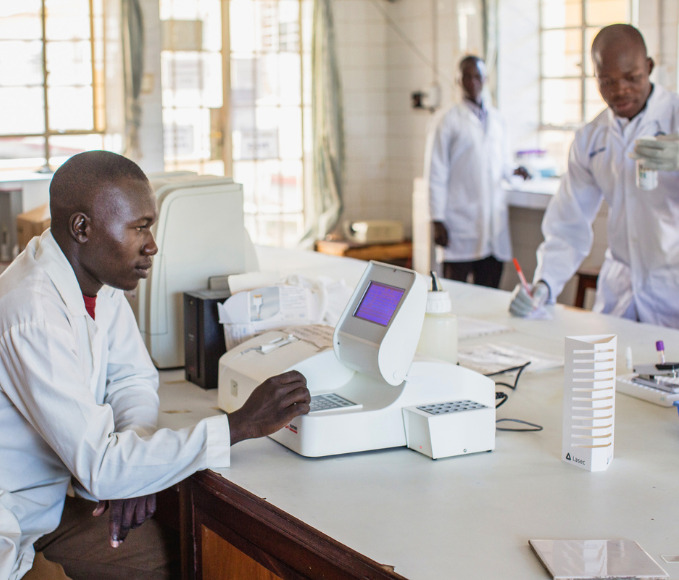
Environment
Uganda hosts the largest number of refugees in Africa, mainly arriving from South Sudan, the Democratic Republic of Congo and Burundi. In the North Western district of Yumbe, refugees outnumber their hosts. This is where the world’s second-largest refugee settlement called Bidibidi is located. As more people are sharing the same land, this has an important impact on the environment. Both refugees and host communities depend on trees as a primary source of energy for cooking, leading to cutting down of trees for wood fuel and the production of charcoal for sale.
Enabel with funding from the European Union is supporting refugee-hosting districts to develop environmental policies, guidelines, and tools aimed at protecting the environment.

Social protection
According to International Labour Organisation, the informal sector employs 8 out of 10 Ugandans. The majority of these are people already vulnerable to poverty such as women and girls. Studies also reveal that the informal sector is characterised by a rampant violation of workers’ rights through low pay, lack of medical insurance, and work contracts. Informal sector workers also lack opportunities for dialogue with their employers about work conditions.
In response to this challenge, Enabel is implementing a social protection programme aimed at ensuring access to decent work, protection of labour rights, and facilitating tripartite dialogue between workers, employers, and labour unions.

Digitalisation for Development
Together with the Ministry of Information and Communication Technology and other partners, we are working on the Digital Uganda vision. This government initiative aims to empower citizens to achieve their goals through digital innovation as foreseen in the National Development Plan.
The Vision emphasises the electronic delivery of services by both public and private sector. Digitalisation is integrated into all projects, but some have a specific focus on this topic: WeHubit, AU – EU D4D Hub, and Africa European Digital Innovation Bridge Network all contribute to the Digital Uganda Vision.

Related content
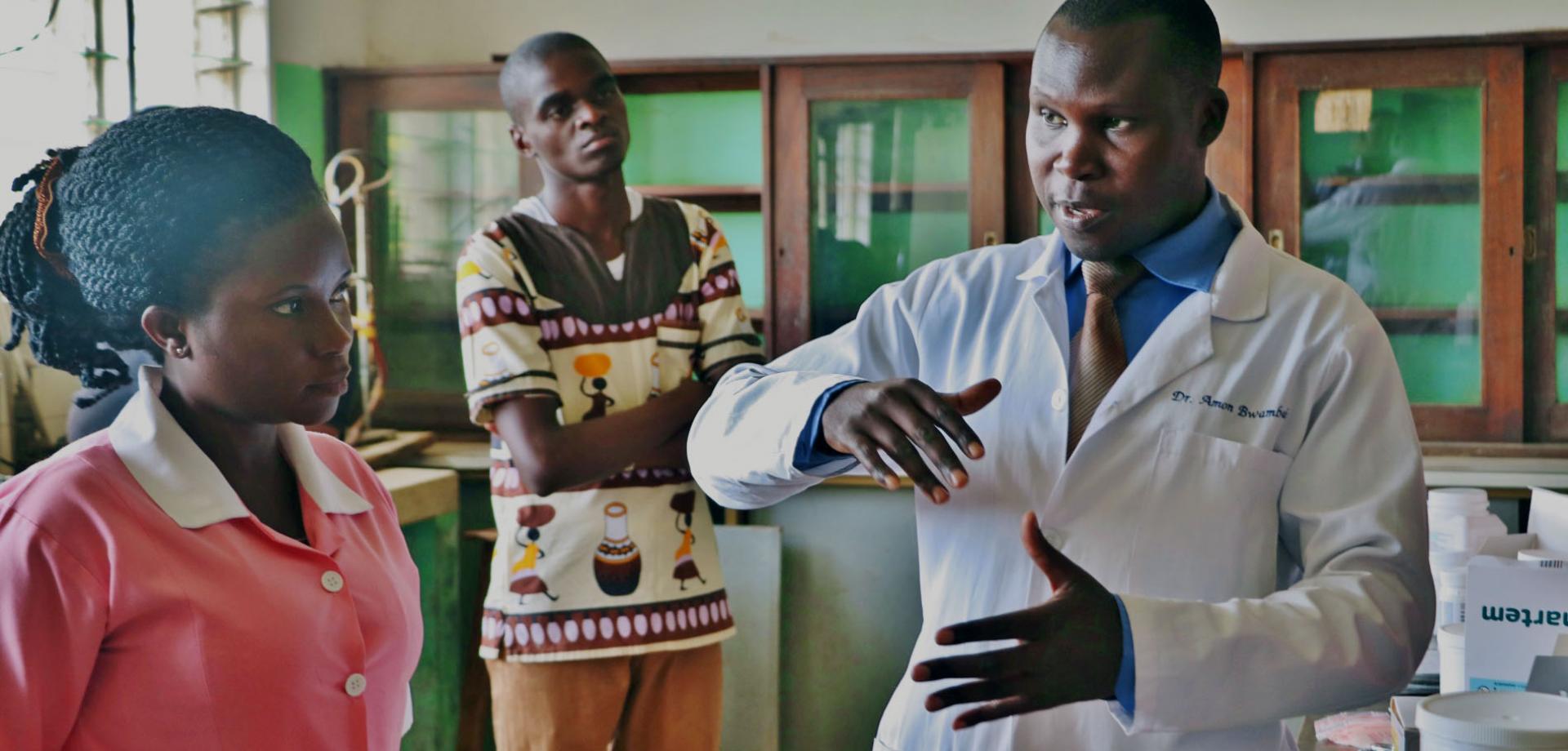
Receiving quality health care and education is not a given in Uganda. Although efforts towards better service delivery have been made by the Ugandan government, civil society and donors, a lot remains to be done. Enabel, in cooperation with the Ugandan government, set up a project to contribute to improved service delivery by helping doctors, nurses, teachers, principals and managers become better at their job.
Helping people becoming better at their job
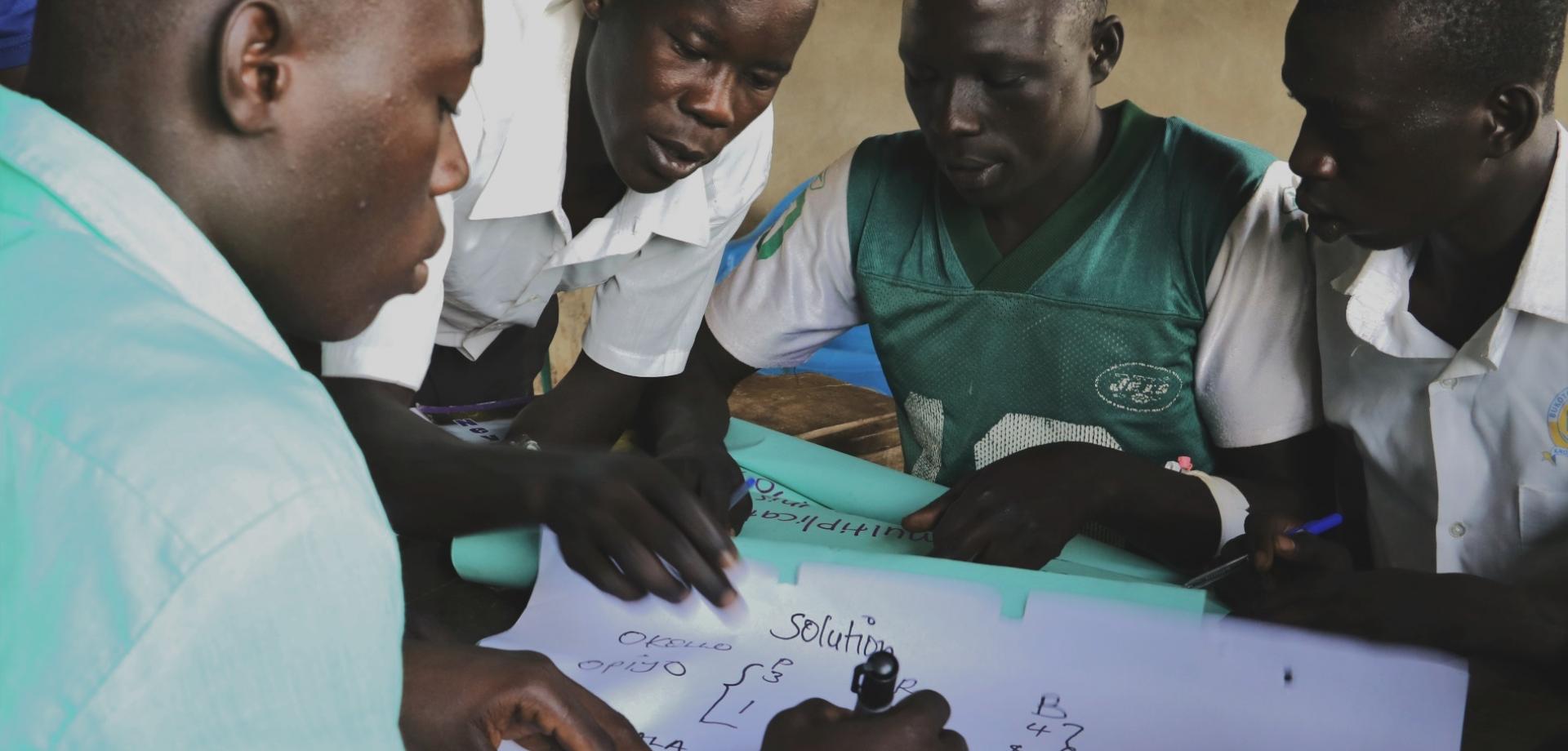
Uganda – Focusing on new teaching methods and creating a stimulating learning environment makes a considerable difference for the quality of education.
Promoting active teaching and learning
Contact the Enabel team in Uganda
Lower Kololo Terrace, Plot 1B
PO BOX 40131 – Kampala
T + 256 414 23 05 43 | representation.uga@enabel.be
Resident Representative: Tom Vanneste
News & Events
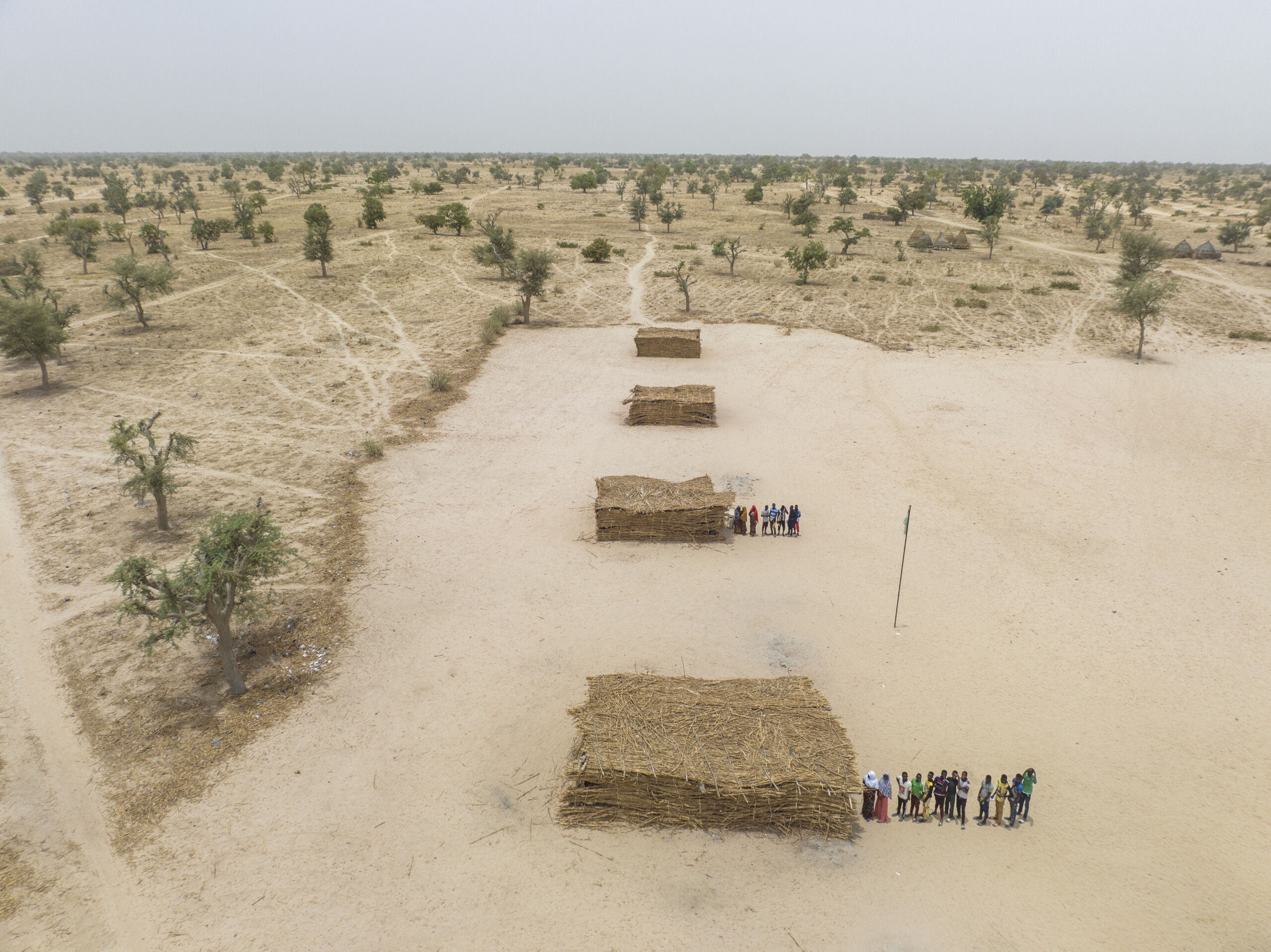 News
News
16 July 2024
The European Union needs to stay engaged in fragile contexts
The European Union has a special responsibility for its neighbouring continents and should play a leading role in international cooperation.
Read more
 News
News
08 June 2024
Investing in the future: 2023 – 2024 Activity report
Find out why we have to upcycle international cooperation. Why Enabel is not only a Belgian, but also a European and African agency. Find out about the starting of activities in a new country: Ukraine. About the launch of activities in the green hydrogen sector.
Read more
 News
News
07 June 2024
Shaping tomorrow’s energy landscape
The urgency of climate change is forcing us to rethink our economies. As the energy transition emerges as central in the fight against climate change, one energy vector stands out in particular: green hydrogen.
Read more
 News
News
07 June 2024
Ukraine: new country, new challenges
In December 2023, the Belgian government mandated our organisation to launch a programme in support of reconstruction in Ukraine.
Read more
 News
News
07 June 2024
How can we finance our future?
While climate crises follow one another, the need to limit global warming to +1.5 degrees appears to be more pressing than ever.
Read more
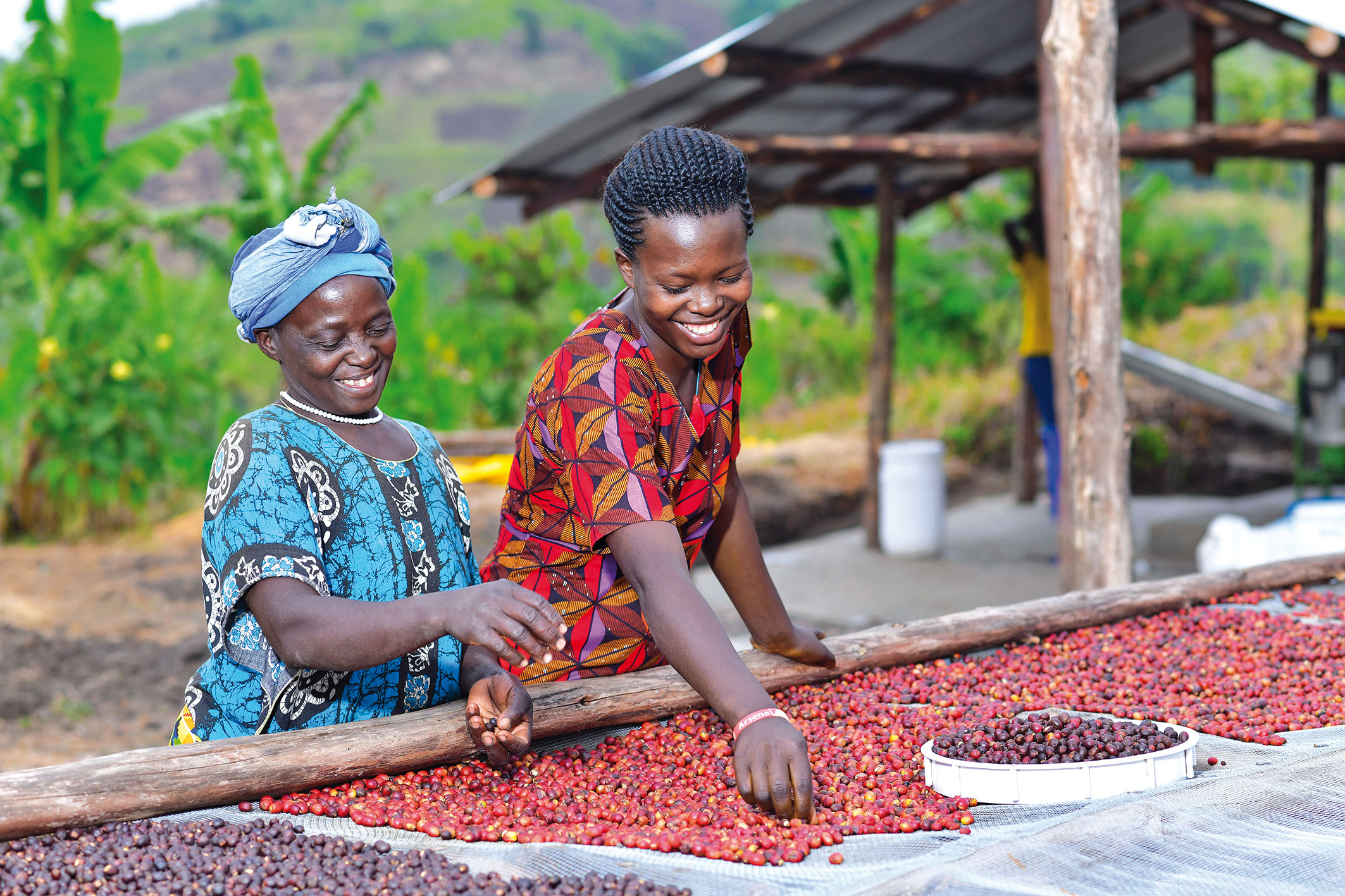 News
News
07 June 2024
Decent work for better social protection
Job creation, workers’ rights, social protection and social dialogue: in the Great Lakes region, we are implementing a series of projects dedicated exclusively to achieving these objectives.
Read more